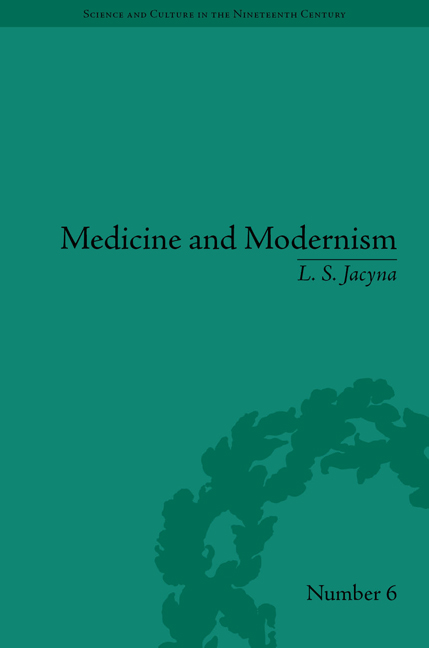2 - The Poles of Practice
from Part 1
Summary
The time Head spent in Prague appeared to confirm that he had taken Michael Foster's advice to abandon medicine in favour of a career in laboratory science. Upon his return to Britain, however, he seemed to reverse this decision and completed the stages necessary to qualify as a doctor. After taking courses in anatomy and physiology at Cambridge, he proceeded to University College London for clinical training. He found time to participate in the social life of the hospital, serving on the Executive Committee that organized a fancy dress ball and as steward at a festival dinner to raise funds for the institution.
Having completed his studies, Head became a Member of the Royal College of Surgeons and Licentiate of the Royal College of Physicians in 1890. He received his MB and MD from Cambridge two years later. He served as a house physician in the obstetric and ophthalmology departments at University College Hospital before acting as clinical clerk to Thomas Buzzard at the National Hospital for Nervous Disease between December 1891 and October 1893.
Head's ‘Autobiography’ does not deal with this stage of his career and he seems to have left no other explanation for this apparent change of mind. One possible reason is pragmatic: in Victorian Britain there were few job opportunities in physiology. Although Henry Head senior was an affluent man, he had a large family and his children were obliged to make their own way in life. Medical practice offered his eldest son the promise of a steady income.
There may, however, have been other, more intellectual, considerations at work. Although ostensibly concerned during his time in Prague with the physiology of respiration, Head had through his interactions with Hering begun to take note of more psychological questions. In particular the mechanisms of sensation had begun to engage his interest. Investigations into these subjects could only be conducted on human subjects. Moreover, certain issues had to be addressed through the study of individuals whose sensations were impaired by disease or injury.
- Type
- Chapter
- Information
- Medicine and ModernismA Biography of Henry Head, pp. 55 - 98Publisher: Pickering & ChattoFirst published in: 2014



